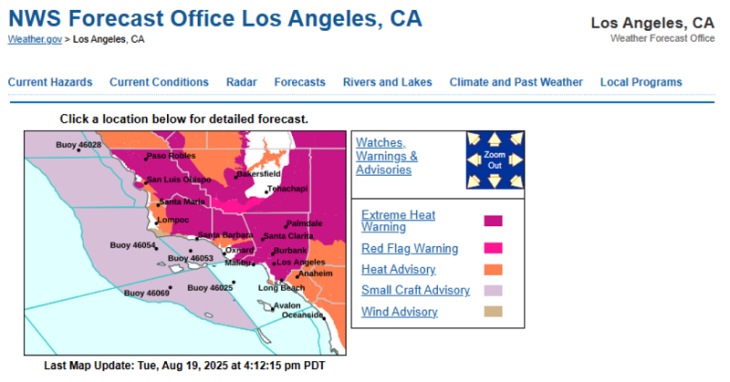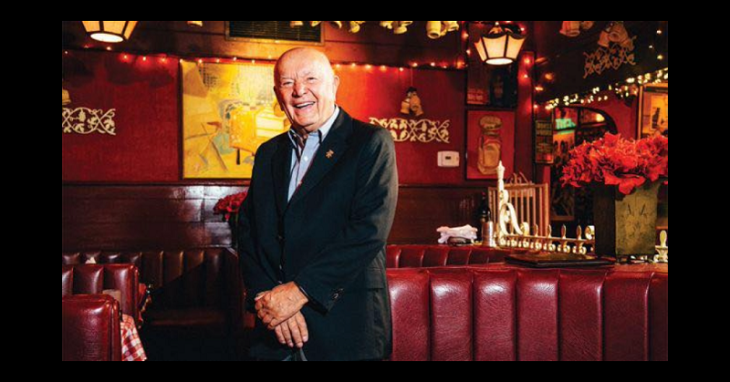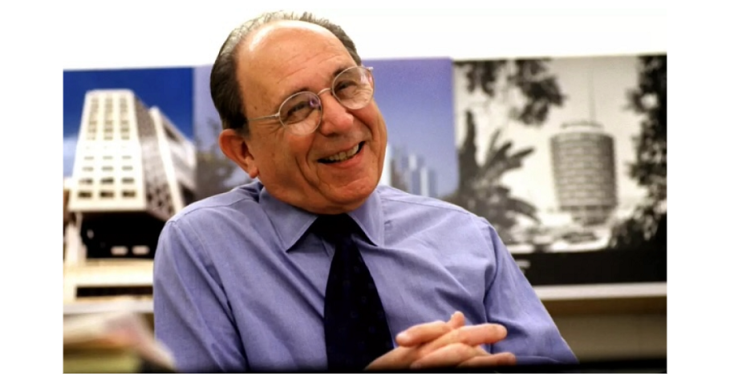Constitutional Clash: Grocery Chain Asserts Unconstitutionality in Defense Against NLRB Charges
A National Labor Relations Board (NLRB) hearing in Connecticut on January 16 was the moment when grocery chain Trader Joe’s raised a constitutional challenge against the National Labor Relations Board (NLRB), taking a similar stance to SpaceX. Not surprisingly, both companies are facing labor-related cases. The NLRB is currently prosecuting Trader Joe’s on multiple charges related to union-busting, including allegations of illegal retaliation against workers, termination of a union supporter, and dissemination of false information to discourage organizing efforts.
During the hearing, Trader Joe’s attorney, Christopher Murphy of Morgan Lewis law firm, introduced a new argument in defense, asserting that the NLRB, established during the New Deal era and overseeing private-sector collective bargaining for nearly 90 years, is “unconstitutional.” The argument is very similar to other conservative companies aiming to dismantle regulatory bodies, including those tasked with enforcing laws for worker, consumer, and environmental protection.
The United Food and Commercial Workers International Union (UFCW) issued a statement on another similar NLRB case against Trader Joe’s, which said, “Let’s make one thing clear: Trader Joe’s shamelessly and illegally engaged in union-busting to scare Trader Joe’s workers across the region and stop these workers from having a voice on the job. We applaud the NLRB’s decision to move forward with the ULP charge filed by crew members and look forward to holding Trader Joe’s accountable for their egregious anti-worker behavior.”
The transcript of the exchange, obtained by HuffPost through a public records request, revealed Murphy informing Judge Charles Muhl that Trader Joe’s intended to include the argument in its defense against the allegations. The argument challenges the constitutionality of the National Labor Relations Act, particularly the structure and organization of the NLRB and its administrative law judges.
Acknowledging the unconventional nature of the argument, Judge Muhl allowed it into the record but emphasized that he wouldn’t rule on the constitutionality himself, suggesting that such matters be taken up with the board and the federal courts. This development occurred at the outset of the trial to determine whether Trader Joe’s violated workers’ rights, and Bloomberg first reported the company’s constitutional defense.























